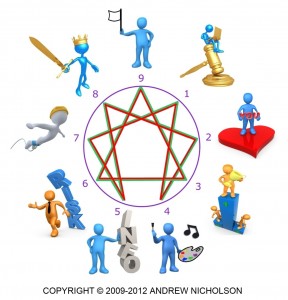As the world turns its attention to the story of Oscar Pistorius and the tragic events that unfolded on Thursday 14th February 2013, with the death of his girlfriend Reeva Steenkamp, one cannot help but lament the let down that so many South Africans (and indeed people from all over the world), who saw Oscar as a hero, must feel. A young man of only 26 years old who had achieved so much, was a South African sports icon. Not only because of his achievements, which are exceptional by any standards, but because most notably he is the first paraolympian to have competed and won a silver medal in the Olympics, which he did in London in 2012.
Oscar is a fresh-faced all South African boy, who had not let the horrific death of his mother, when he was only 15 years old, stop him from being an achiever. Oscar, who had overcome having both his legs amputated below the knee at just 11 months old, to inspire millions into believing that anything is possible. Oscar, who was the face of Nike, Oakley, M-net and a spokesperson for young South Africans dealing with their identity. But how the mighty hath fallen now. Indeed Oscar is innocent until proven guilty under South African law, but it is unlikely that Oscar’s personal brand as leader, icon, inspirer, hero, good guy, winner and achiever will be reinstated any time soon.
And all this hot on the heals of Lance Armstrong’s similar fall from grace. Very different circumstances indeed that caused the two sports super stars’ demise, but what they have in common is the fall from the status of being loved and adored for sure.
As one contemplates the significance of both these historic moments in sporting history, I have mixed feeling about both these men. On one level I have empathy for their hard work and the commitment they have put in to their sport and into their charities. I wonder how stressful fame must be and I have often wondered if it is those pressures that drives celebrities to behave the way they do. But on another level I believe one has to live with the choices one makes, and they have both made choices a long the way, as we all have, which have got them to where they find themselves now. Both have been dropped by their sponsors, both have been shunned by their respective sporting communites and both face possible jail time as well as insurmountable (and possible irrevocable) damage to their personal brands and reputations.
Particularly within the context of Armstong’s case, I have been wondering what would possess somebody to deceive to the extend to which he did. What would drive somebody not only to deny allegations but also to go so far as to sue people for telling the truth. I can only imagine there is something deep-seated and unconscious driving such behaviour, which is why I have now firmly concluded that Lance Armstrong must be a three on the Enneagram and I think he offers an extraordinary case study for the type.
For those of you who know the Enneagram, I am not suggesting that all threes are like Lance Armstrong, but in order to find empathy for Armstrong, by understanding his unconscious motivations, one must unpack the way threes self-preserve, or cope with life. For this is what the Enneagram is most useful for: understanding the unconscious motivations for our behaviour.
In order to cope with the whatever the dynamic of their childhood, threes set up the unconscious message for them self that ‘it is not OK to have one’s own feelings or one’s own identity’, and that is the mantra they then live by through out life, without realising it. The reason they do this is because they do not believe they can be loved purely for who they are and so they are exceedingly driven to be seen to be highly successful at whatever they wish to hang their identity on, because that, they believe, will make them lovable. Of course, ambition, success, being driven; and working hard (some of the good traits about threes) are all positive and desirable characteristics. However, one has to ask oneself at what point one sacrifices oneself and ones own integrity in the name of being successful. In my mind, Lance Armstrong clearly depicts the desperate threes need to win at all costs, even if that cost is his career as a cyclist, which in Armstrong’s case, was how he acquired his ‘lovable’ identity.
The Enneagram is the most accurate and profound map I know of for self-discovery. If you would like to know more about how it works and what it can be used for in the workplace, visit TomorrowToday’s training offering or speak to one of our account managers for further insights and information.



